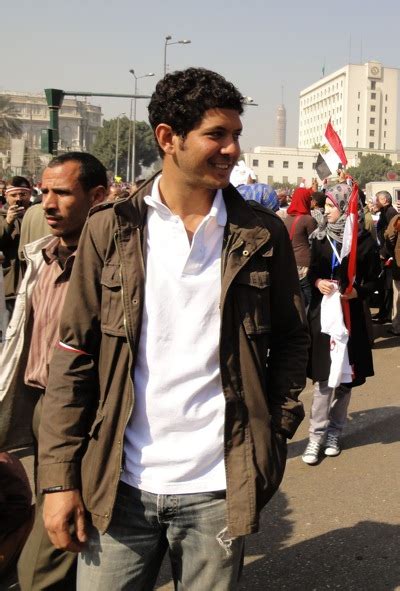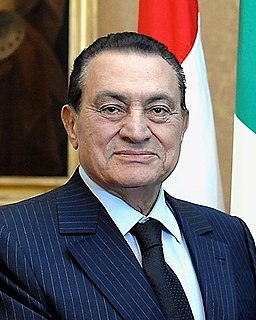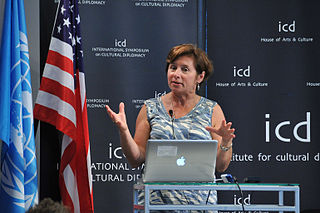A Quote by Graydon Carter
The danger of leaving overwhelming wealth and power in the grasp of a small minority is a lesson that leaders such as ousted Tunisian president Zine el-Abidine Ben Ali and deposed Egyptian president Hosni Mubarak have learned a little too late, as the demonstrations across the Arab world indicate.
Related Quotes
In primary school in south-eastern Nigeria, I was taught that Hosni Mubarak was the president of Egypt. I learned the same thing in secondary school. In university, Mubarak was still president of Egypt. I came to assume, subconsciously, that he - and others like Paul Biya in Cameroon and Muammar Gaddafi in Libya - would never leave.
I was three years old when Hosni Mubarak came into power. I've lived under Hosni Mubarak nearly all my entire life. Even before he stepped down, I knew this wasn't Hosni Mubarak's Egypt anymore, and regardless of what happened, it never would be again. A fear barrier had been broken. And once that barrier was broken, it would never be built again. People knew that they had this power, that they would not be pushed around again. There was just this fearlessness and determination.
We need to learn from history. These same leaders - [Barack] Obama, [Hillary] Clinton, and far too many Republicans - want to topple [Bashar] Assad. Assad is a bad man. Gadhafi was a bad man. Mubarak had a terrible human rights record. But they were assisting us - at least [Muammar] Gadhafi and [Hosni] Mubarak - in fighting radical Islamic terrorists.
When John Kennedy attempted to take the government back from the back from the robber barons, he was brutally murdered. The message to future US president and leaders across the world was clear: do as you're told, or die. John Fitzgerald Kennedy was the last true president of the United States. And until the globalists are removed from power, we will never have another real one.
Mubarak would meet with me when I was at Central Command. He would lean and put his hand on my knee, as if a father figure, and say, 'General, don't ever forget the Arab Street. Listen to the Arab Street.' I'd like to go to him now and say, 'Mr. President, what about that Arab Street, what's that all about?'































